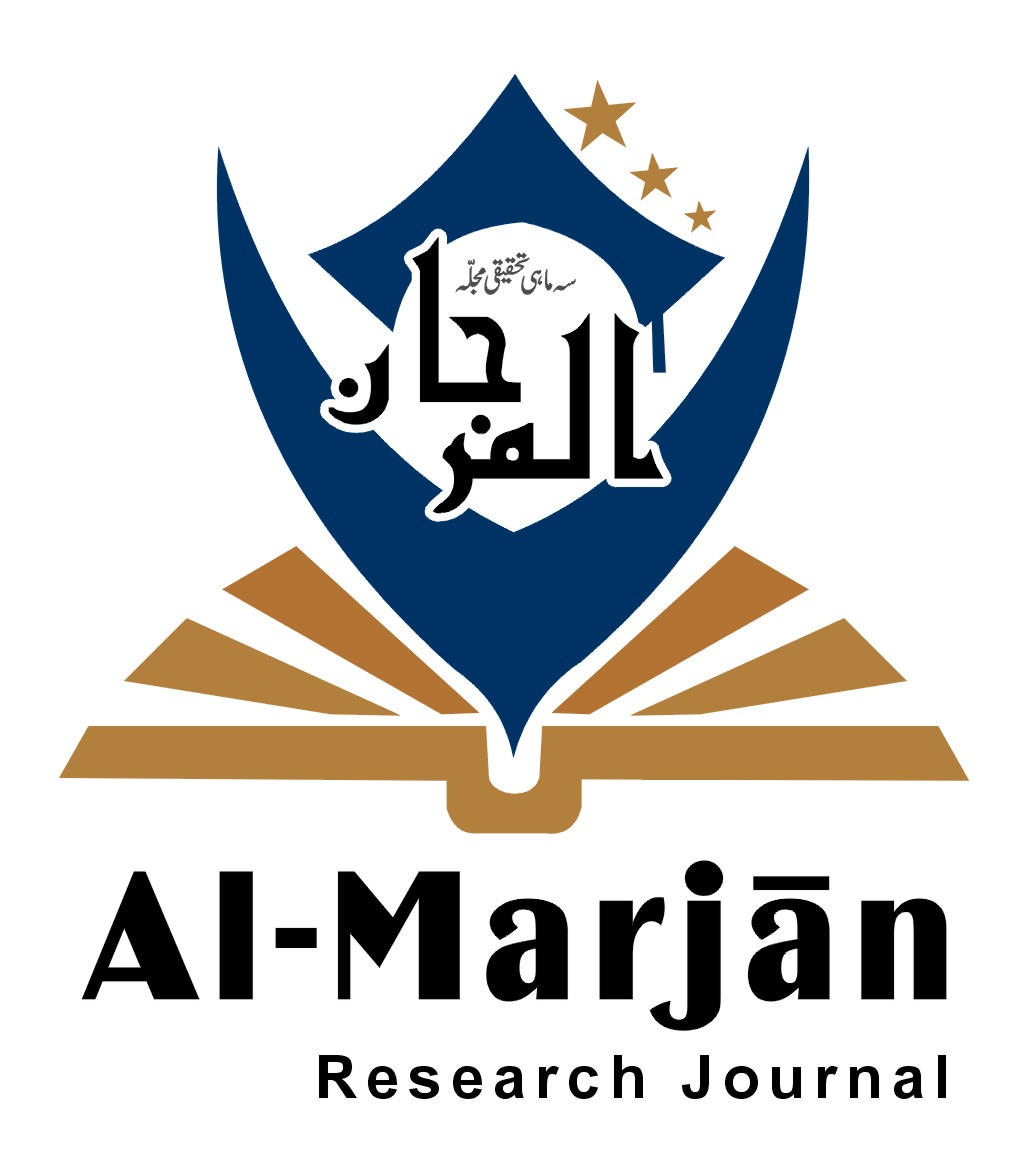Mahr: An Essential Component of Islamic Matrimony and Its Legal Significance
DOI:
https://doi.org/10.1234/z1pv7482Keywords:
Sharī‘ah, Mahr, Islamic Law, Islamic Marriage Contract, Women's Rights, and Legal ReformAbstract
A key component of Islamic marriage, mahr, also known as dower, is a legally binding financial obligation owed by the husband to the wife as well as a sign of respect. Mahr, which has its roots in the Holy Qur’an and Sunnah, guarantees women in marriage financial stability and dignity in addition to upholding the purity of the marriage contract. This article examines the legal, social, and ethical aspects of mahr in Islamic law from a variety of philosophical perspectives. The study points to a significant gap in the current discourse: although mahr is required by Islamic law, sociocultural distortions, a lack of legal enforcement in some nations with a majority of Muslims, and a lack of public awareness of its purpose frequently compromise its practical implementation. The study concludes that while mahr still has legal weight, its spirit is regularly compromised through case studies and a comparison of classical fiqh and contemporary legal frameworks. It comes to the conclusion that both legislative reform and community education are necessary to recapture the original goals of Mahr, which were empowerment, security, and contractual clarity. In order to minimize exploitation, the article suggests standardizing the documentation of premarital counseling and incorporating Mahr awareness. By filling the research vacuum with such multifaceted reforms, mahr can continue to be a significant institution that protects women's rights in Islamic marriage rather than merely being a formality.






































